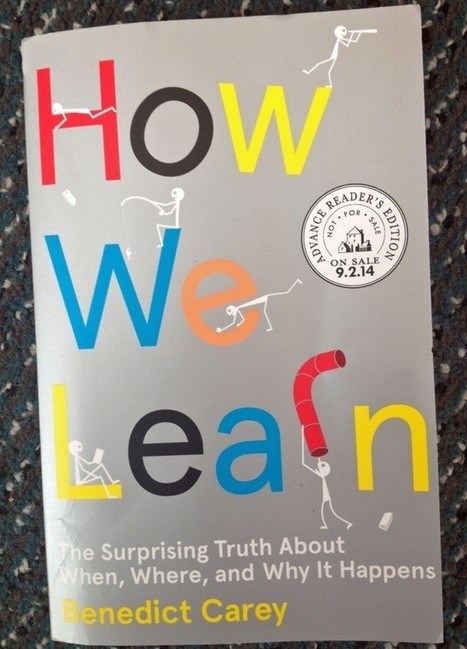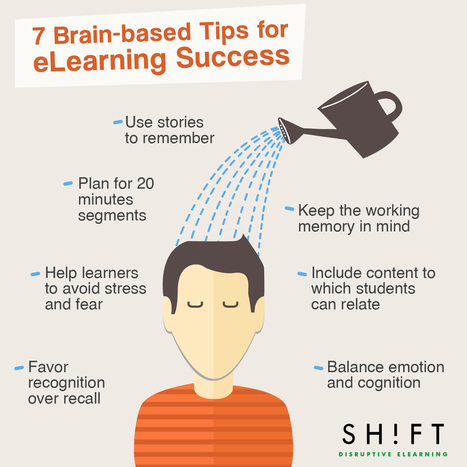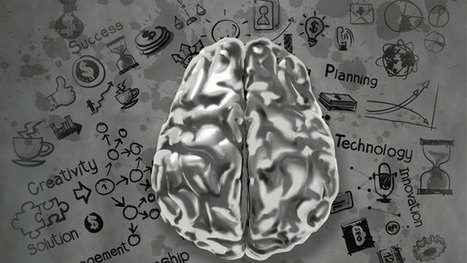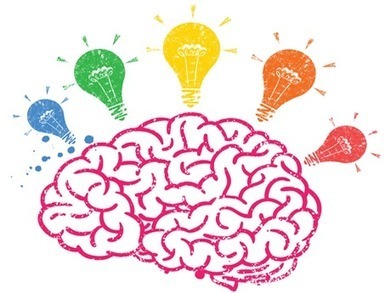The best way to remember facts might be to set them to music.

|
Scooped by Tom D'Amico (@TDOttawa) |

Mariana Ortega Rendón's curator insight,
October 18, 2020 4:56 PM
I found this article by Annie Murphy pretty amazing. I have never been good at memorizing, so I used to get stressed or anxious when, for example, I have to speak in front of many people or even when I have an online presentation and the teacher does not want us to read. I have tried many strategies that people tend to use, like writing the scrip many times until they memorized it but I have realized that it does not work for me. This article talks about the great advantage of using music as a mean for easily remember something. We should think that it is a modern strategy but according to the author oral forms have existed in every culture, and it was originated even before the written language. Oral traditions, through time, have highly depended on the people’s memory in order to be preserved. Thus, if we expect a cultural tradition to survive, that tradition must be preserved in the memory of one person, who can pass it on to another, also capable of retelling it. Even different studies have shown that when two or more works are linked through a certain rhyme, it becomes easier to remember them because our mind and brain are stimulated, so we can start making use of the strengths of our memory. I relate this article with one of the strategies that I use to study. I do not transform the information into a song and I do not make it rhyme, but I like to record my voice saying the whole script and then listen to it as many times as I can before the day of the presentation. I tend to listen to my voice when I have free time and I can focus on the task, but also, when I am doing other kinds of things, like taking a shower or washing the dishes. I have always thought that music and audios go deep in our minds, which helps us memorize and remember the things we hear. However, memorizing for a certain task is not the only purpose of music, but instead, helping us to improve our general memory. We can be concentrated or no, but music is going to keep sounding; sometimes, we do not even want to learn the lyrics of a song, but if we hear it a couple of times, we cannot get it out from our head. Moreover, a song or a rhythm can take us to a specific moment in our memory which keeps us alive and awake. During this pandemic, I have had time to think in many moments and persons I would not like to forget one day. We have learned so much in this life, and the idea is to keep those memories with us forever. Therefore, we should care about our memory and mental health as much as we care about our physical health.
Our memory is important!
Sign up to comment



 Your new post is loading...
Your new post is loading...











![Yes, Video Games Can Actually Make You Smarter [VIDEO] | iGeneration - 21st Century Education (Pedagogy & Digital Innovation) | Scoop.it](https://img.scoop.it/NfAJrtq4HjghbfmKP8Elozl72eJkfbmt4t8yenImKBVvK0kTmF0xjctABnaLJIm9)



![4 Ways the Internet is Making Kids Smarter [INFOGRAPHIC] | iGeneration - 21st Century Education (Pedagogy & Digital Innovation) | Scoop.it](https://img.scoop.it/xC88XjpUnJXzX8ARmueU4zl72eJkfbmt4t8yenImKBVvK0kTmF0xjctABnaLJIm9)








